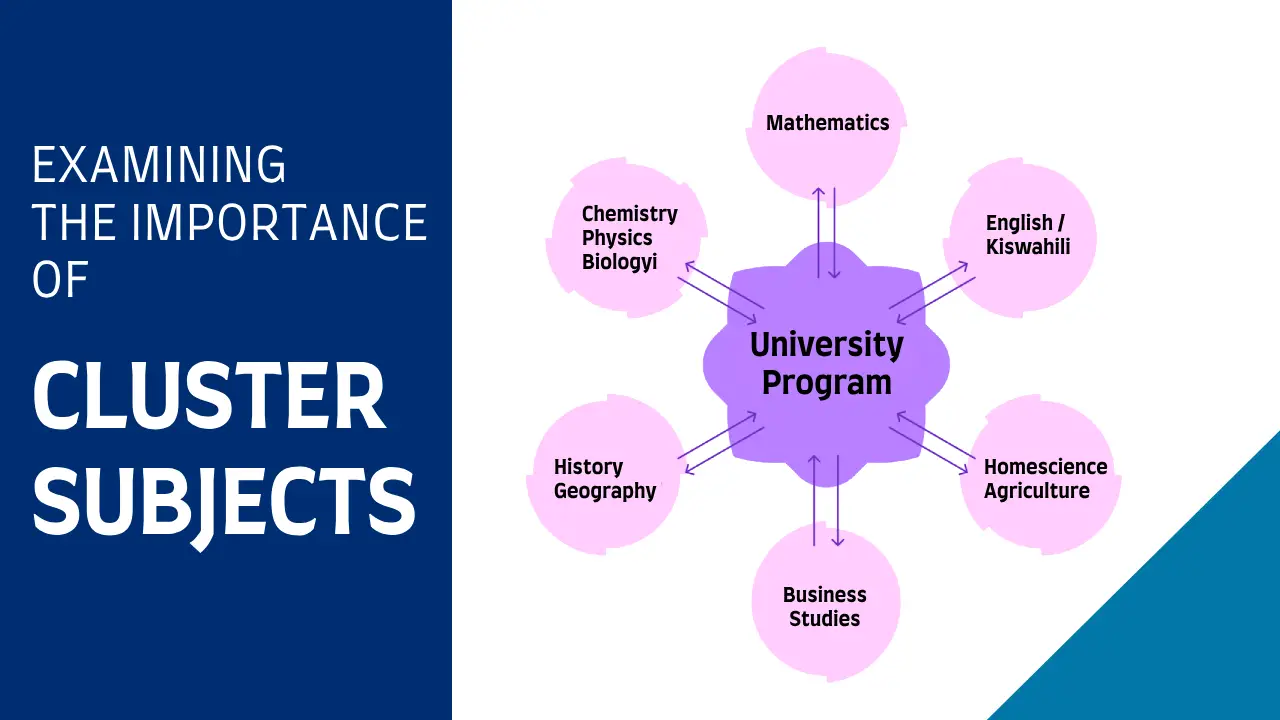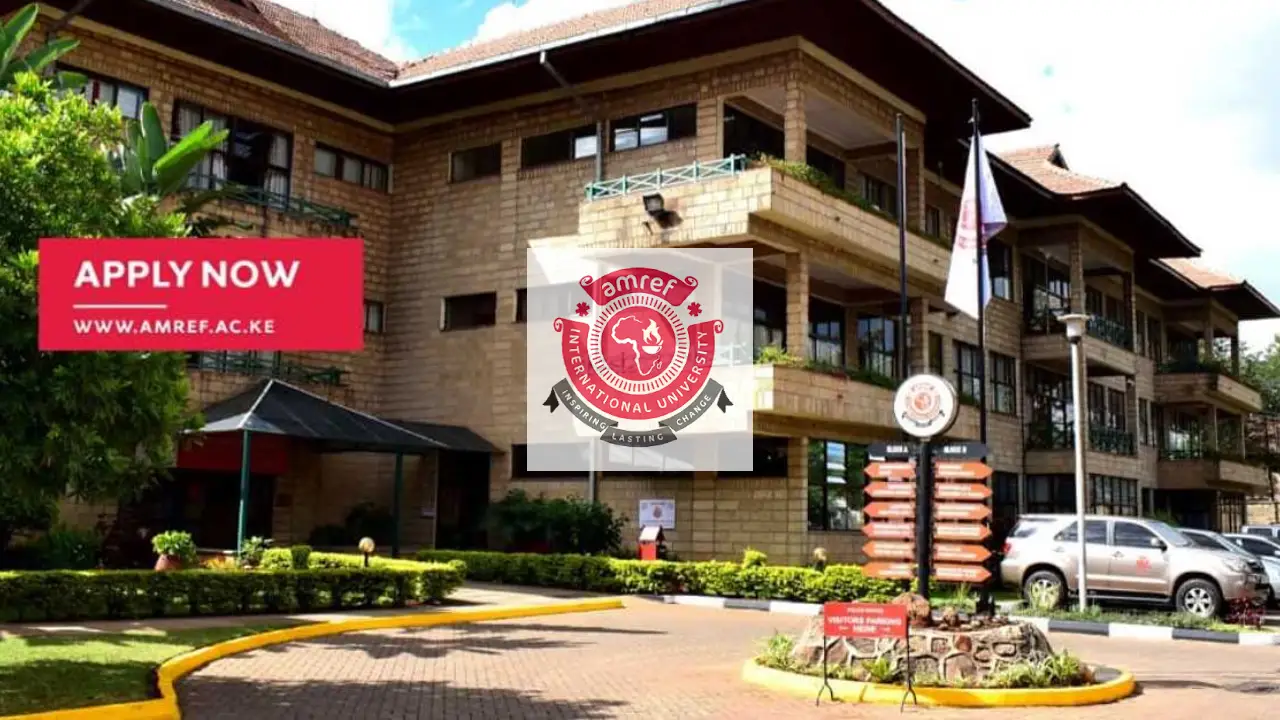
The hospitality industry refers to a variety of businesses and services linked to leisure and customer satisfaction. A defining aspect of the hospitality industry is also the fact that it focuses on ideas of luxury, pleasure, enjoyment, and experiences, as opposed to catering for necessities and essentials. With over 1.5 billion global tourists in 2019 and more crossing fringes every year, it is nothing unexpected that the Hospitality industry is one of the strongest and dynamic enterprises in the world.
The World Travel and Tourism Council revealed that the hospitality and travel industry accounts for one out of every ten employment opportunities. Bringing the number of people earning their living in the sector to a stunning 319 million in 2018 alone. The rise in revenue does not only benefit international companies and hotel owners but also acts as a major factor in job creation for local populations and destinations. The hospitality industry is expected to create an extra 100 million employments worldwide by 2028.
Kenya is currently estimated to have a total of 68 global branded hotels, hundreds of classified hotels, restaurants, lodges, and other hospitality units, a figure that is expected to increase with the current investment trend. Radisson, Accor, City Lodge, Hilton, Movenpick, Swiss International, City Blue, Marriot, Pullman, Novotel, Protea, Hyatt are some of the international brands expected to grow their local footprint with new properties in Kenya.
A typical confusion is that the accommodation business is restricted to lodgings and cafes; actually, this worldwide industry offers accommodation graduates an immense range of openings for work over the world. While very good quality and ordered accommodation, units give remunerating profession pathways, the scope of friendliness is far more extensive. A typical employer in the hospitality industry includes airlines, hotel chains, conference and exhibition centers, event organizers, venues and bars, pubs, clubs, restaurants, and fast-food outlets. The hospitality industry is generally recognized as a section of the wider service industry, with a focus on leisure, rather than more basic needs it is really the professional delivering experiences.
The interest for accommodation experts across the board is developing quickly particularly due to the developing customer enthusiasm for "encounters" instead of items driven by the alleged "experience economy". The encounters economy is where the two parties (customers and organizations) need something other than the conveyance of items and administrations; they expect that an excellent, emphatically charged, and critical experience will come bundled with their buy or utilization of ware. Worldwide managers are progressively confronting a deficiency of this gifted ability.
Insights from Oxford Economics for the World Travel and Tourism Council detailed that the worldwide aptitudes deficiency in the hospitality industry could put more than 14 million occupations in danger for the period of 2016 - 2025. These further translates to an increase in specialized job opportunities for hospitality graduates with a blend of administrative mastery, delicate abilities, and computerized astute.
Competent hospitality graduates, those who have acquired the right knowledge, the right set of skills, and the right attitudes can anticipate a differing decision of worldwide careers. Yet, friendliness business sharpness, pragmatic ability, and delicate aptitudes are skills that cannot be created through study classroom sessions alone. Subsequently, universities should attempt to build up learning by doing more towards that which incorporates sound scholarly coursework, with reasonable experience, proficient practical sessions, professional internship, and quality research ventures.
Soft Skills Hospitality Graduates Need to Have
Soft skills are the skills that aren't necessarily taught in school but are part of the requirements needed to be able to function in society.
Customer service: Customer service skills will serve you time and again, as will creative thinking and flexibility. For young people today, who often interact with one another via technological devices, customer service requires a necessary reorientation to interacting with people, either face to face or over the phone.
Positive attitude: Multitasking and maintaining a positive attitude are of critical importance for hospitality workers, who often work long shifts and must be prepared to jump in and lend a hand wherever it's needed. Workers who rise to the challenge without displaying negativity are more likely to be promoted, so there is something in it for you if you master these skills.
Organizational skills: Employees who are organized are better able to multitask without losing track of critical tasks. This is a skill that is easy to learn; checklists, for instance, offer a way to keep important tasks top-of-mind, so that no matter what comes upon a shift, you meet your obligations (and impress your manager).
Networking skills: Building a loyal clientele who are interested in returning to the hotel/restaurant/tour will, in the long run, also enhance one?s career. Of course, it?s also important to be able to demonstrate to employers that customers are returning thanks to the relationship cultivated with them.
Communication skills: Exceptional communication skills are highly valued in most industries and the higher up one gets in the hierarchy, the more important they become. In the hospitality and tourism business, each day can involve contacts with people of a variety of backgrounds, ages, nationalities, and temperaments. Thus, it is important to be able to communicate in a way that represents the business while at the same time speaking to customers in a way that they can understand and relate to.
Flexibility skills: Compared to other professions, hospitality and tourism jobs often demand that employees work odd hours like nights and weekends. It is also necessary to be able to switch rapidly from one task to another as the situation may arise. Thus, flexibility is an essential attribute to succeed in the hospitality and tourism sector.
Multilingual: Language skills are a particular plus in the hospitality field as they increase one?s value as an employee. Speaking clients? language enables one to establish a more intimate relationship with them which promotes customer satisfaction and loyalty.
Commitment: Many young people start out in the hospitality field with an enthusiastic outlook but do not realize how demanding the work is and consequently get bored quickly. If they fail to understand that their job is to keep clients happy no matter the cost, such individuals will never progress beyond entry-level jobs.
Can-do attitude: It is essential that hospitality professionals be prepared to accept challenges in the workplace no matter how difficult the task may appear. Resolving a difficult situation for an employer boosts one?s chances of getting a pay rise or a promotion. Exuding enthusiasm for one?s job, instead of being sour, will enhance one?s esteem both from customers and employers.
Multitasking skills: Being able to carry out multiple roles in a hospitality or tourism enterprise is a way for employees to render themselves indispensable to their employers. It?s important to be able to juggle different tasks simultaneously while completing each task assigned. Thus the ability to multitask may be one of the most important skills in this industry. One way for students to get a head start in developing their ability to multitask is to work on the side while pursuing their studies.
Cultural awareness: Hospitality and tourism enterprises are more likely than most to deal with customers of a variety of nationalities and cultural backgrounds. The ability to be culturally aware and get past one?s own cultural norms is crucial to building a successful career in this sector.
Worldwide the growing skills gap could cost the economy some 14 million jobs, plus $610 billion in loss of GDP. It is in everyone's best interest that the hospitality skills gap be surmounted, and investing in the education of the next generation of hospitality employees is among the best ways to fill the gap.
As employers are focusing on soft skills over hard skills, which can be taught on the job, those candidates who will rise to the top of the pile are those who have demonstrated experience in soft skills. The candidate to get interviews will be those who point to soft skills on their resume and exhibit their skills during in-person or phone interviews
The best candidates will always respond well even when interviews take unexpected turns, for example incorporating role-play or impromptu assignments designed to test candidates emotional intelligence and mastery of interpersonal soft skills









